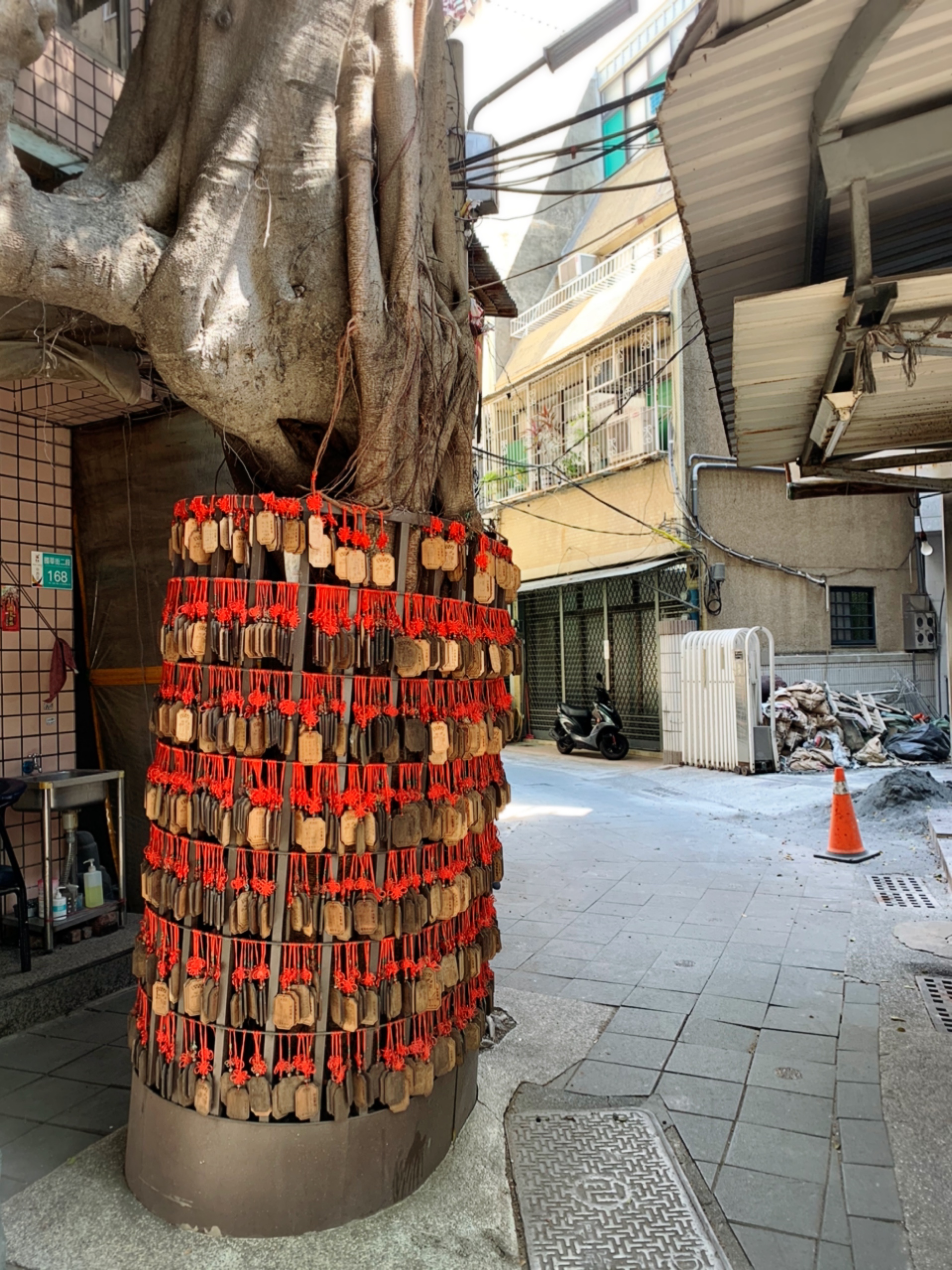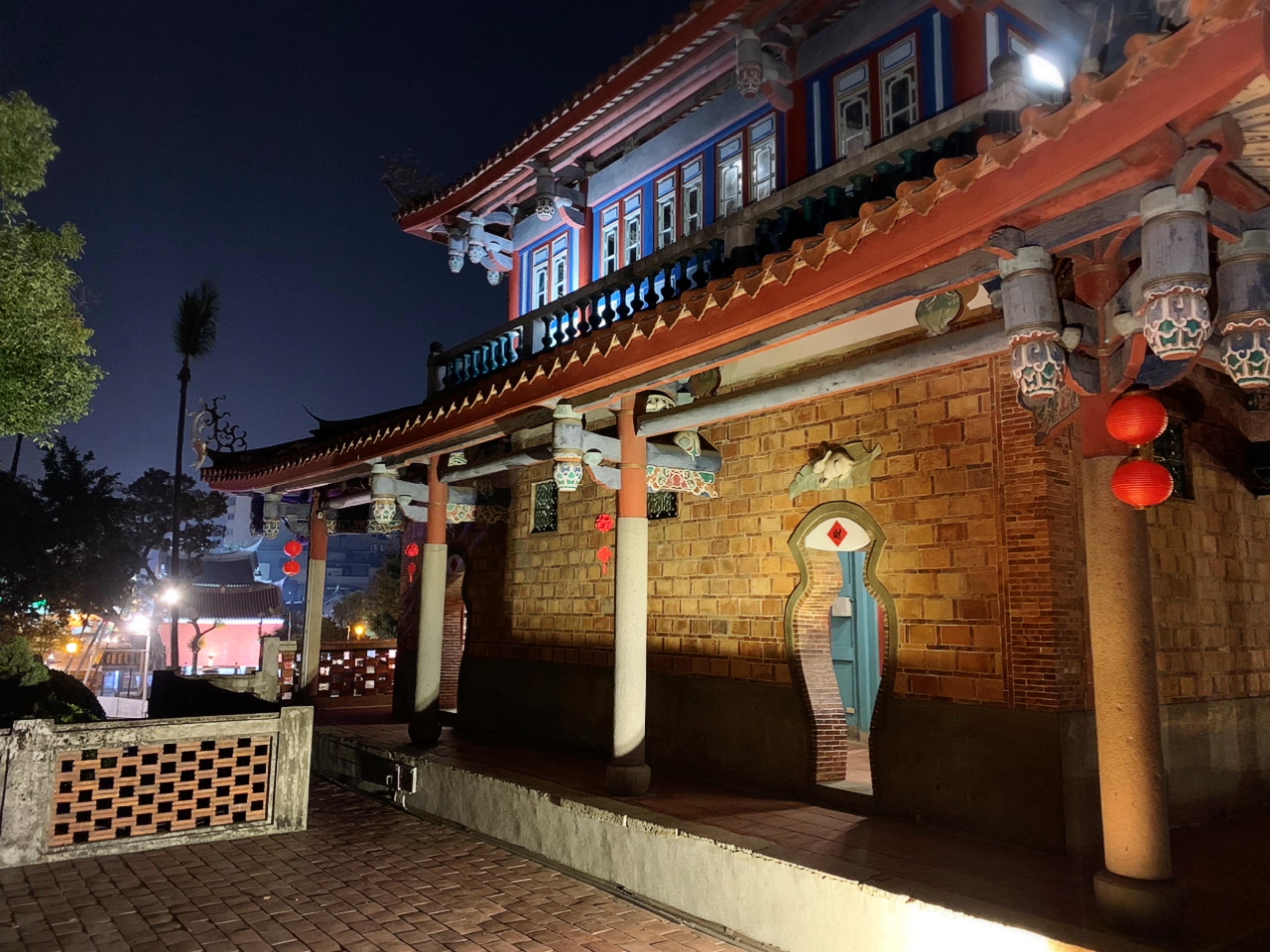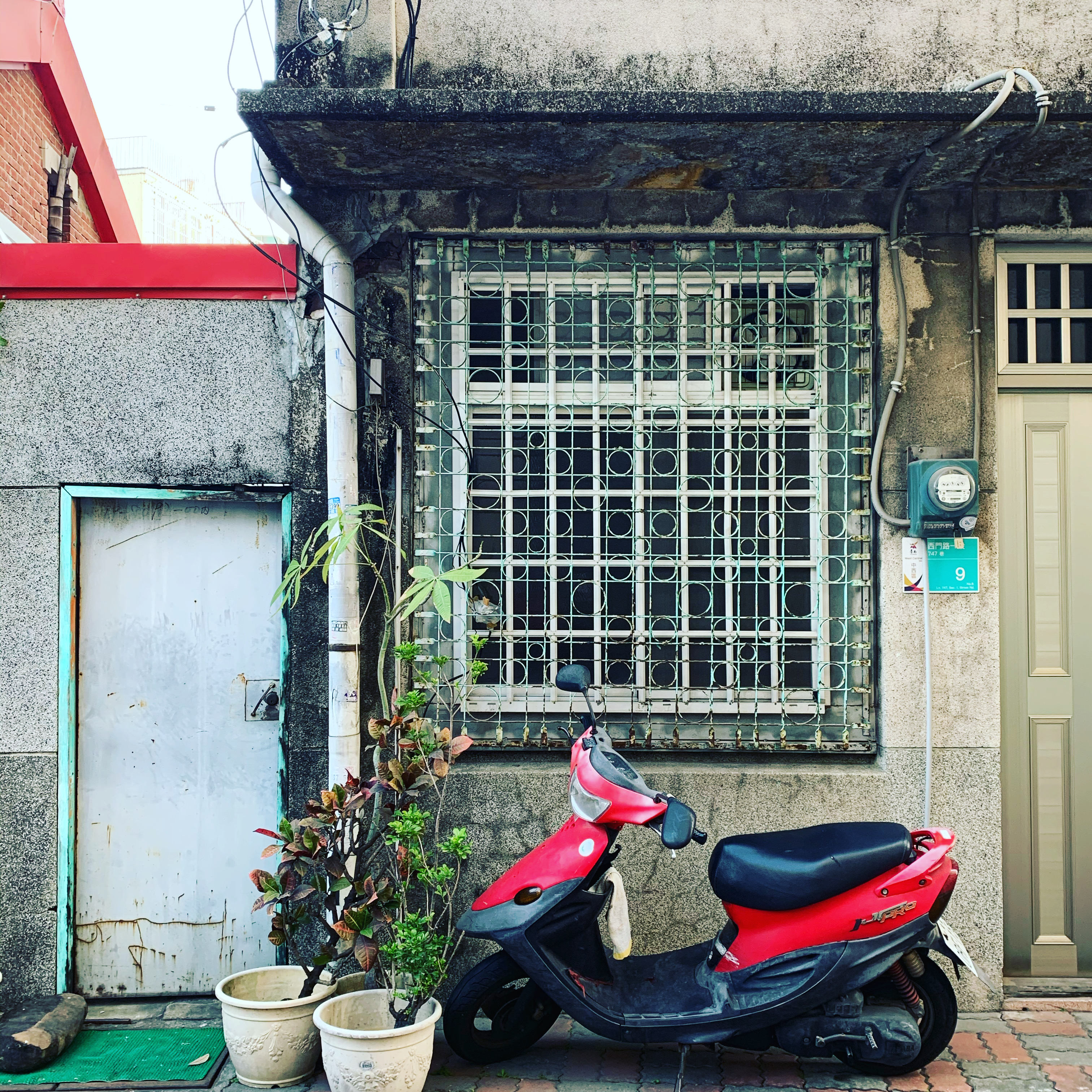Claims that the test given by the Russian-backed International Boxing Association showed Lin, as well as Algerian boxer Imane Khelif, has having XY chromosomes seems to stem from a single Russian Telegram channel. We don't actually know much (anything really!) about the test or its results and I don't exactly trust one Russian official posting on Telegram as a reliable source of information. It's unclear if Lin has elevated testosterone levels, but even if she does, that wouldn't un-female her.
That hasn't stopped the TERF (trans exclusionary radical feminist) squad from dismissing Lin outright as "male". It's not really a surprise: if one's chief goal is isntigating hate, one "unspecified" failed test by a sketchy organization is sufficient fuel for that fire.
It bothers me deeply, however, that refuting the hate directed at Lin forces one to reaffirm that she is a cis woman, implying that the criticism would be warranted if she were trans. That they'd be right to criticize if she were trans, but she simply isn't, or that there's something wrong with being trans. Truly, I don't believe this -- I would not care if she were. I don't think transphobes are blinkered just because they fell for what increasingly looks like Russian disinformation about two women who have never transitioned. I also think they're blinkered because they oppose full human rights for trans individuals.
A fair amount of the media coverage does seem to care; as much as I love watching UDN and others stick it to JK Rowling, I would not go so far as to call it enlightened discourse. I do commend UDN for pointing out that gender is not a binary, and neither testosterone levels nor chromosomes necessarily identify a person as specifically male or female. The article notes that we don't actually know the results of the tests, nor do we know anything about Lin's anatomy or whether she's intersex, and it's wrong to speculate. This is true. They take a non-position on the discussion of transgender athletes, correctly pointing out that it's irrelevant to Lin Yu-ting's career. It's a more thoughtful take than I'd expect from a conservative Taiwanese media outlet, but not exactly standing up for trans rights.
Some time ago, I read a tweet noting that many on the Western left stand up for trans equality and the right of any person to decide on their own gender identity and expression, but those same leftists will turn real pink real fast when it comes to Taiwan -- not giving Taiwanese any space to cultivate their identity. According to some, gender identity is fluid butTaiwanese are Chinese whether they like it or not (just as the anti-trans ideologues insist that your gender is your gender, whether that reflects who you really are or not). Who gets the right to decide who they are (and who doesn't) is thus unfair and arbitrary.
"...people want to control gender expression and force everyone to fit into tidy little boxes, and anyone who violates that should be unpersoned in their view. Like, I feel like they're so obsessed over tamping down trans people, that they have to go after any kind of gender non-conformity. Trans people are the ultimate violators of conformity, so they have to engage in this witch hunt until everyone is back under control."
This is why anti-trans ideology is so strongly linked to white supremacy: preserving the system, the hierarchy, the doctrine, at all costs. Frankly, you can say the same for Han supremacy, and keeping people in tidy little gender and ethnicity boxes is just as much cornerstone of the CCP's Han supremacists as it is to the West's white supremacists. If anything, it's worse. Have you seen the state of LGBTQ+ rights in China? It's pretty bad.
How much of that comes from inside -- my own brain not accepting without question that I am a woman? How much from outside -- society presenting to me various 'roles' for women and ways to present and conform as a woman, none of which I particularly relish? I don't know. It's probably both. I spent years desperately out of love with myself because for far too long, I lacked the lexicon to have a true reckoning between my inside and my outside.
That's why the trans rights movement benefits us all. Yes, even those of us who are cis. We don't all conform, we don't all feel exactly right in our bodies, or as though we naturally are a certain gender just because we were assigned that gender at birth. I didn't! Thanks to all of the trans people who fought for respect, recognition and rights, we now have that lexicon. Those of us who need to have the internal dialogue now find it a lot easier to do so.
There have been times when I would have preferred to have been seen and treated as a man, though that might have more to do with how much more leeway society gives men in general than my own internal struggle to identify and come to terms with my benthic discomfort.
Ultimately, I did decide on 'woman', which makes me cis. But it wasn't an obvious or foregone conclusion. I was unhappy because I needed to have that reckoning, and growing societal recognition of transgender and other gender non-conforming people -- a world where it is a little easier than it was before to be who you are -- also benefited me. It gave me what I needed to work myself out.
I once commented in some anti-trans thread that I'm a woman because I decided to be one, and it's more coincidence than anything that my insides match (well, match reasonably closely) to the gender I was assigned. Someone shot back "no, you're a woman because you were born a woman!"
Which is just another way of telling me that they believe my identity is not my own to decide, they know who I am better than they do, my internal questioning threatens their conformity, their doctrine matters more than my reality, and their aphorism is my thought-terminating cliché -- except I refuse to terminate the thought.
In fact, as a cis woman, I feel a lot more threatened by transphobes and their followers insisting that women have to act, look or be a certain way than I do by any trans woman, ever. Latching onto "but look, he's clearly A MAN!" (as though appearances and personal judgments decide gender), or unproven, evidence-free claims is bullying. And transphobes love bullying. As someone who's been called a man simply for standing with trans women, even though I have never been a man, it scares me.
You know what doesn't scare me? Trans women.
And does that not sound quite a bit like the "Taiwan is Chinese! Taiwanese culture is Chinese culture!" people shouting as though they know Taiwan's identity better than Taiwanese people do, or that Taiwanese people have no right to determine for themselves who they are, that Taiwan's refusal to conform to a Chinese narrative threatens their ideology?













